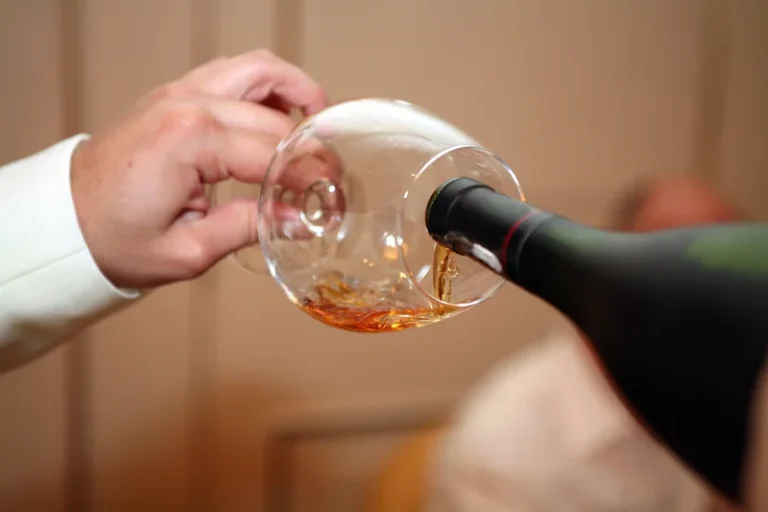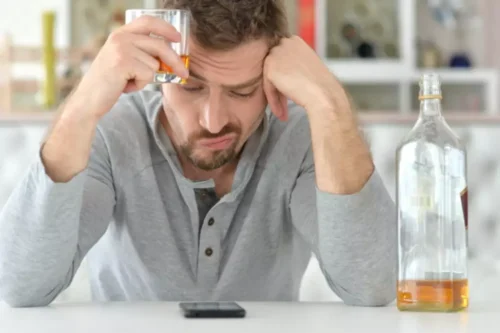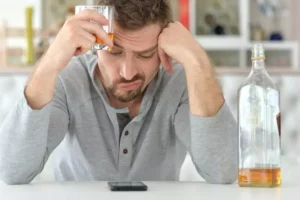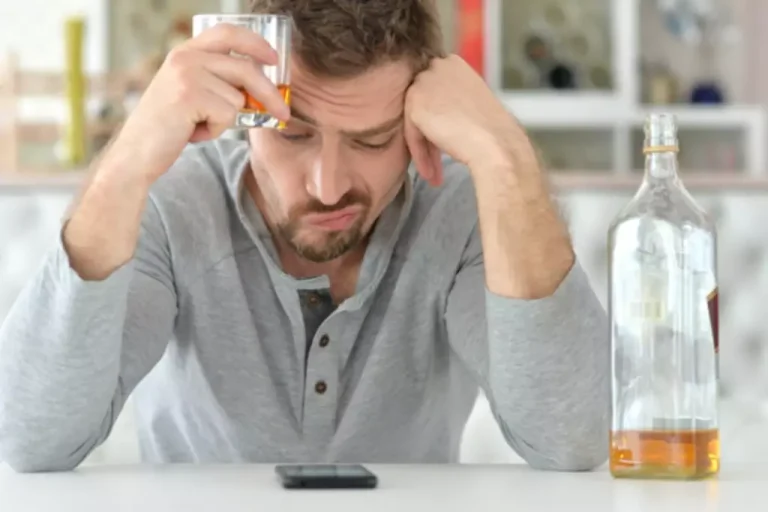Does Alcohol Dehydrate You? Symptoms and Prevention Tips

In addition, beer usually has more water content as beer is typically served in more ounces per glass or bottle than wine, which may be as little as five ounces or so per glass. Despite the diuretic effect of wine, it’s crucial to consider the hydration factor. Wine, especially when enjoyed in moderation, contains a significant amount of water. In fact, a standard glass of wine (5 ounces) typically comprises about 4 ounces of wine and 1 ounce of water. Therefore, the hydrating effect of the water in wine can counteract the dehydrating effect of alcohol to a certain extent. This also means drinking alcohol on an empty stomach can lead to a higher blood alcohol content (BAC).
So, which alcohols are the most hydrating — or the least dehydrating?

It’s a small molecule and gets very quickly through the walls of the gut into the bloodstream and then to the brain. Our bodies are amazing organisms, especially when it comes to processing alcohol. Dr Karl explains why, if you’re drinking booze, what goes in is not equal to what comes Substance abuse out. Drink plenty of plain water, an electrolyte drink or sports drink, and eat water-rich, easily digestible foods.
- You’ve no doubt noticed that when you drink, you have to pee more.
- Added sugar creates extra acid, which makes it harder for your body to store water.
- As it turns out, the position of your wine bottle might not be as critical as once thought.
Why Is Alcohol A Diuretic?
While the amount of alcohol you consume is the main determinant of how dehydrated you’ll eventually become, you’re better off starting a drinking session well hydrated as opposed to already dehydrated. That said, the higher a drink’s alcohol content, the more of a diuretic it’s believed to be. Alcohol works as a diuretic largely because it suppresses the release of a hormone called vasopressin, which is also known as antidiuretic hormone. With less vasopressin in your system, the body excretes more water, which in turn causes you to pee more (2).
Is electrolyte water good for you after drinking alcohol?

She goes on to explain these nutrients also help you retain fluids, while chugging a bunch of water will cause much of it to pass through your system without properly rehydrating you. If you stop making urine, your urine is very dark, or you have symptoms that are bad enough to impact your normal functions, go to an urgent care or emergency room for treatment and fluid replacement. But if you’re in danger of a hangover or are already in the throes of this unpleasant but common alcohol aftereffect, you can try treatments like Next Health’s IV Drip Therapy.
- Excessive drinking can also lead to a buildup of a toxic substance called acetaldehyde.
- It’s very easy for your body to process and for your intestines to absorb.
- As a result, a person loses vital fluids and electrolytes.
Does Wine Dehydrate You More Than Beer?

Drinking a lot of low-alcohol drinks can also add up to a very thirsty evening, though. One standard drink, according to American Addiction Centers, should contain around 0.6 ounces of pure alcohol. You can get that amount from 12 ounces of beer with 5% alcohol, 8 ounces of malt liquor with 7% alcohol, one shot (or 1.5 ounces) of hard liquor with 40% alcohol, or 5 ounces of wine with 12% alcohol. You probably know dehydration as what happens to our bodies when we don’t take in enough fluids. “That’s pretty close to those hangover symptoms, right?” asks Brigitte Zeitlin, M.P.H., R.D., C.D.N., and owner of BZ Nutrition.
- But prolific pee production isn’t the only way alcohol dehydrates you.
- As someone who is passionate about wine, I have always been curious about whether or not wine can cause dehydration.
- Even though we often drink more beer in a sitting than wine, wine’s higher alcohol strength still nudges it ahead in the dehydration stakes when you compare equal alcohol volumes.
- Similarly, although both involve skin contact, these wines differ from pink wines (rosés), which are produced from red grapes with minimal skin contact, resulting in a lighter body and color.
- But if you’re in danger of a hangover or are already in the throes of this unpleasant but common alcohol aftereffect, you can try treatments like Next Health’s IV Drip Therapy.

Generally, if you have already eaten a meal or if you are drinking a glass of wine with your meal, you won’t experience many of the effects of dehydration, if any. However, if you have an empty stomach, a single glass of wine will cause mild dehydration if you don’t follow it up with a glass of water within the hour. To understand how wine dehydrates you, we have to break down the dehydrating effects of alcohol overall. Wine’s primary components are is wine dehydrating water, alcohol, sugars, acids, and tannins, with water being a significant part of its makeup. However, the alcohol content in wine, typically between 11% and 14%, is a major contributor to its dehydrating effect.
Chronic heavy drinking can result in high blood pressure, which is a leading cause of kidney disease. It can also weaken immunity, increasing a person’s risk of infections. Consuming alcohol carries other health risks besides dehydration. These risks change depending on how much alcohol a person consumes and how often.
The same applies to rosés and orange wines with extended skin contact, which often benefit from exposure to air to fully express their character. Use these social-bookmarking links to share Why does drinking alcohol cause dehydration?. Third, we humans seem to prefer to drink our alcohol in 10 gram lumps. Ten grams of alcohol is about 12.5 millilitres (but you can call it 10 mL and still be fairly accurate).
